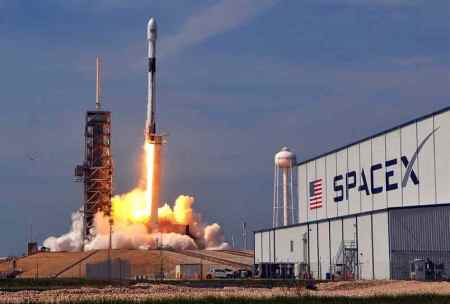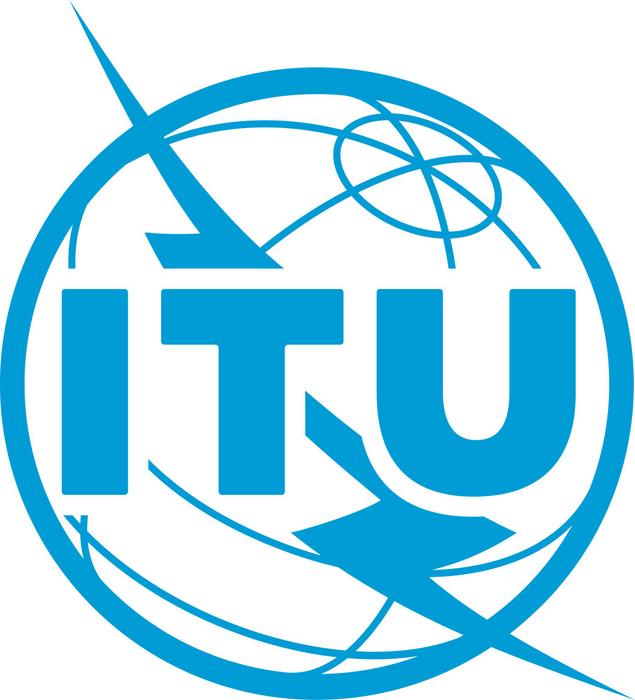Space startups have increased nearly 200-fold in just about two years, announced Dr. Jitendra Singh, Union Minister of State (Independent Charge) for Science & Technology, at a meeting in New Delhi.
Dr. Singh attributed this dramatic growth to a significant policy decision which opened the space sector to private enterprises and promoted extensive public-private partnerships.
Dr. Singh chaired a high-level meeting to review the Department of Space’s 100-day Action Plan, assessing the current status, opportunities, and future missions of India’s space sector.
During the meeting, the Minister highlighted that space startups have surged from 1 in 2022 to nearly 200 in 2024, representing an extraordinary 200-fold increase. In 2023 alone, approximately INR 1000 crore was invested in India’s space sector within just eight months.
Dr. Singh also shared projections for India’s global space economy share, which is expected to rise from 2% in 2021 to 8% by 2030 and further to 15% by 2047.
Currently, India permits 100% FDI in the space sector, unlocking new opportunities for innovation and growth. The private sector can significantly contribute to developing advanced small satellites, geospatial technologies, orbital transfer vehicles, and more, he said.
Dr. Singh emphasized the vital role of private players in sectors such as agriculture, environment, and governance. He also directed officials to facilitate Transfer of Technology (ToT) from ISRO to private entities, noting that there have been 403 such transfers by 2020 and an additional 50 by NSIL/IN-SPACe to date.
He also reviewed ISRO’s next 100-day plans, including the NISAR programme, a joint Earth-observing mission between NASA and ISRO, featuring two radars optimized to observe a broader range of changes than either could alone.
- PIB







